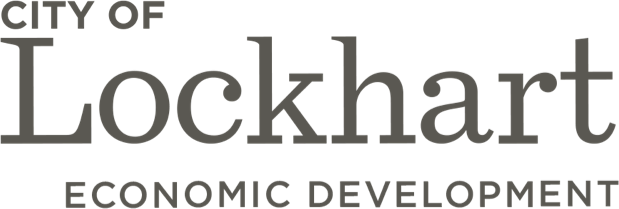The Advantages of Using a Foreign-Trade Zone
A Foreign Trade Zone (FTZ) is an area within the United States which is designated by the federal government as outside of U.S. Customs territory. FTZs encourage investment in the U.S. and the creation of American jobs by allowing U.S. businesses to operate with equivalent customs treatment to business conducted off-shore. Business using FTZs can reduce customs duties and fees, and achieve logistics benefits for the import and export of goods. FTZs can be an effective part of a community economic development program.
The Austin region is served by FTZ 183 which was established in the 1990's to capitalize on the growth of the high tech industry and to provide local businesses with a tool to help them compete in the global economy. The Foreign Trade Zone of Central Texas, Inc (FTZCTI), is the grantee of FTZ 183 is run by a board of directors appointed by the cities and chambers in the MSA. The Austin Chamber of Commerce is the administrator for FTZ 183.
In July 2012, the Foreign Trade Zone of Central Texas received approval from the federal government to operate under new streamlined procedures designed to make U.S. business more competitive. Under the new approval, all of the five county metropolitan statistical area (MSA) has been preapproved by the federal government as eligible foreign trade zone property. With the concurrence of local officials, the federal government will provide any eligible business in the MSA foreign trade zone designation on an expedited and simplified basis. A process that has taken historically over a year and been very expensive will now take less than 45 days with modest expense.
Foreign Trade Zone and Freeport
There is quite a bit of overlap of the FTZ and freeport exemptions. Freeport exempts inventory which is held in Texas for less than 175 days from property tax. The FTZ exempts any item imported from outside the U.S., regardless of the ultimate destination, and there is no time restriction. For example, inventory which is held in Austin for 90 days and then goes to Arkansas would be exempt under Freeport, but not FTZ. Inventory imported into an Austin FTZ from Japan which is sold to a customer in Fort Worth is exempt under FTZ, but not Freeport. Practically speaking, for jurisdictions which have a Freeport exemption, the incremental effect of the FTZ is to exempt inventory which has been imported from outside the U.S. and is destined for a Texas customer. All other inventory that might be exempt under the FTZ exemption is already exempt under Freeport. And, of course, the Freeport exemption applies to all property within the jurisdiction, while the FTZ exemption is site specific, applying only to inventory in activated FTZ space.
